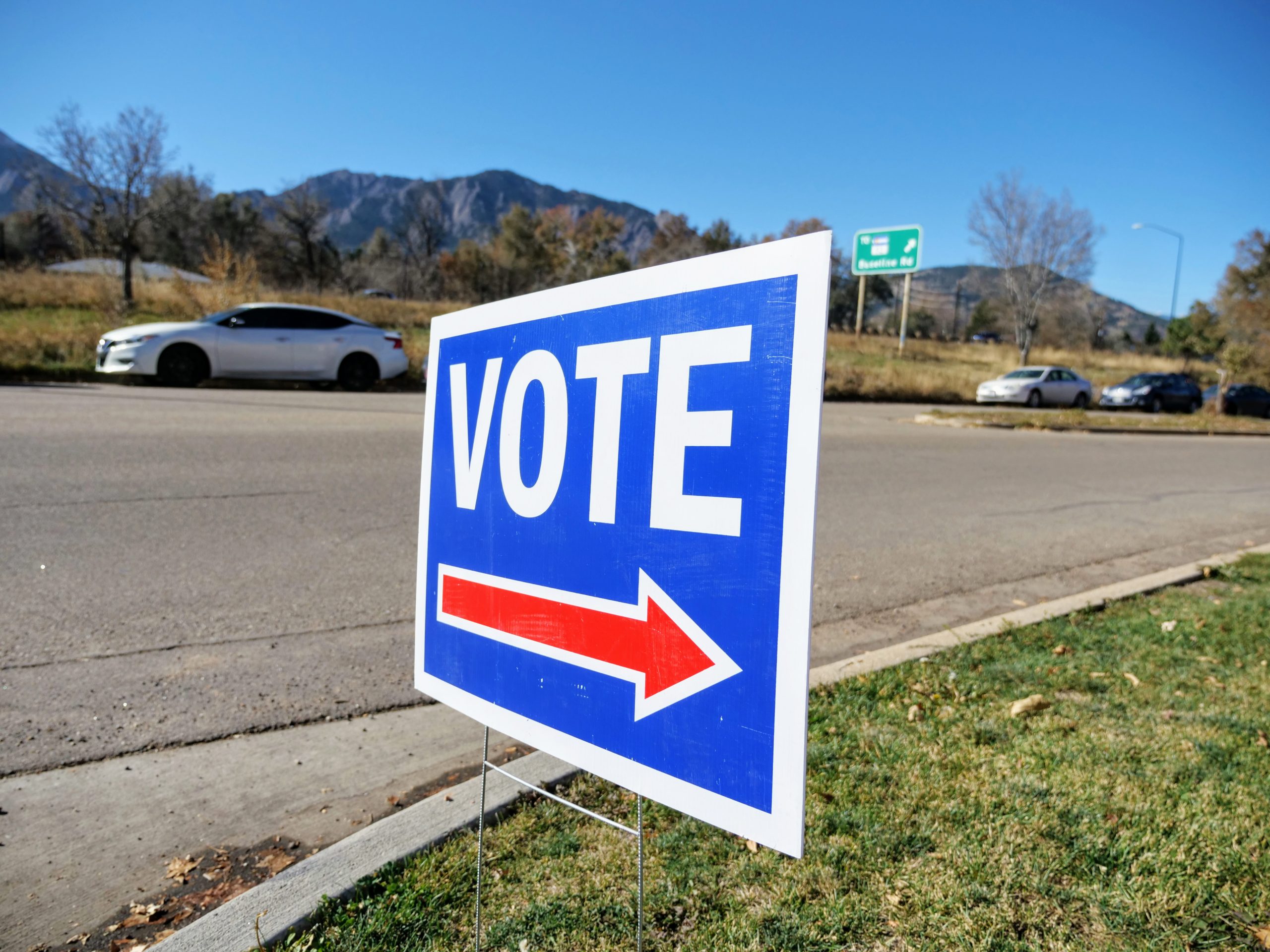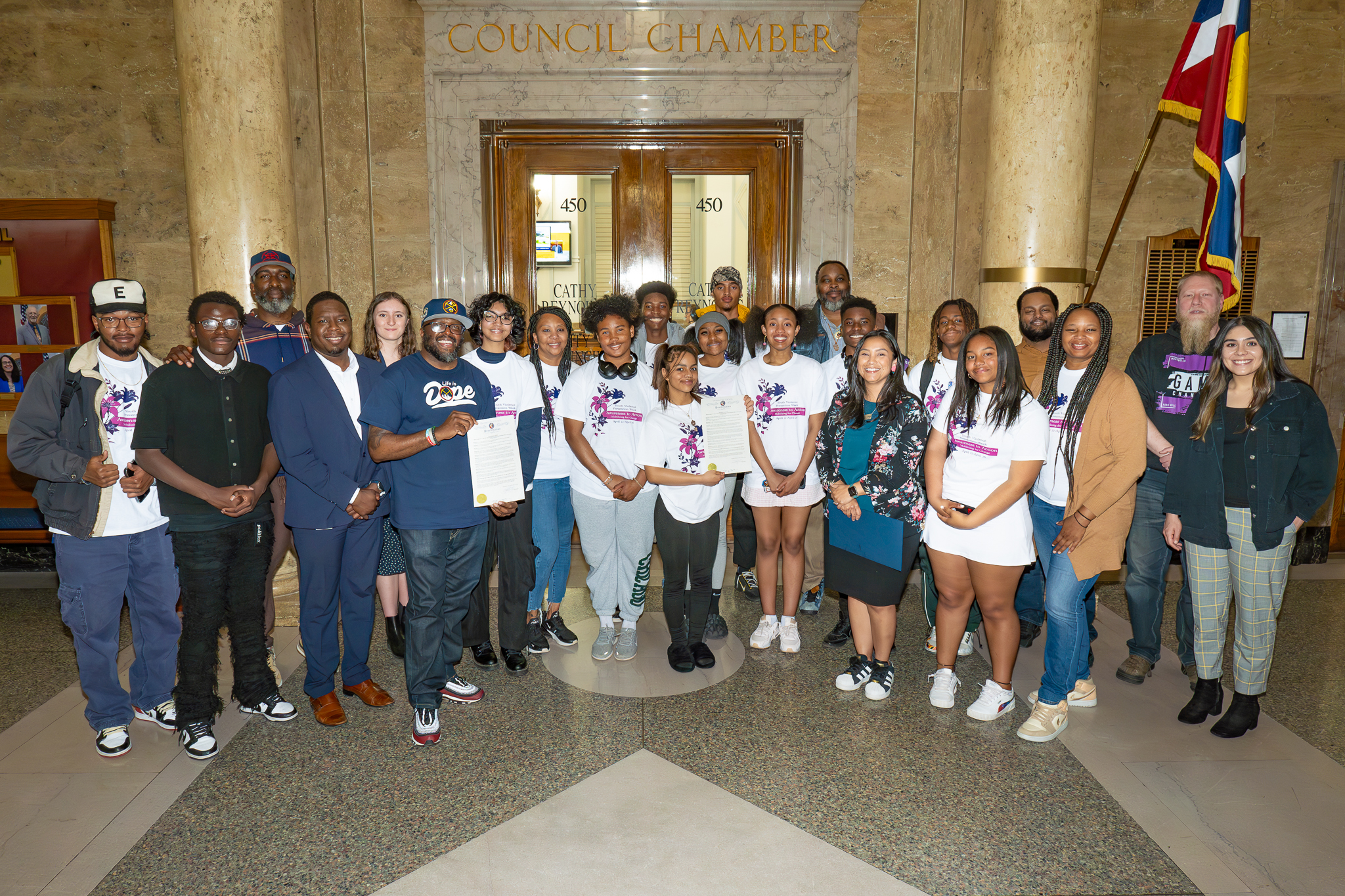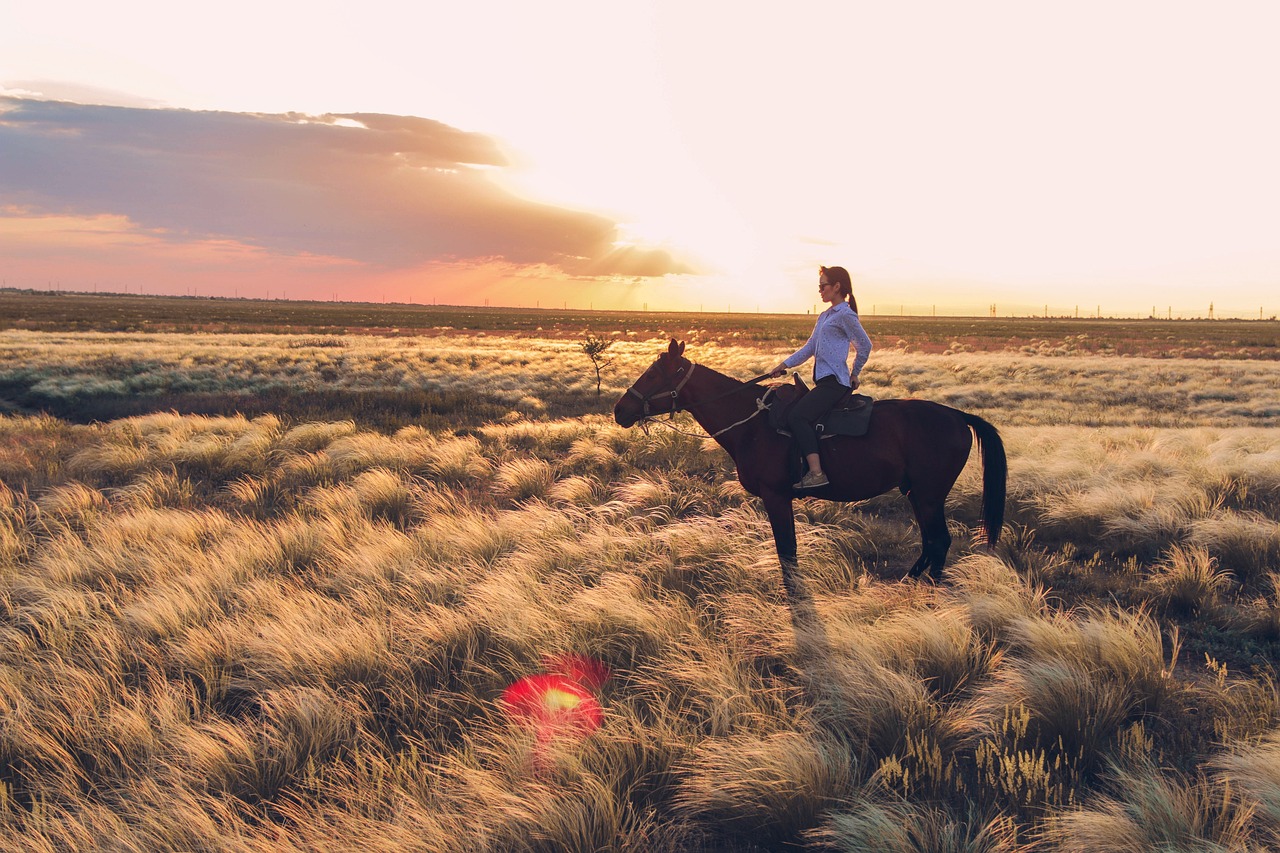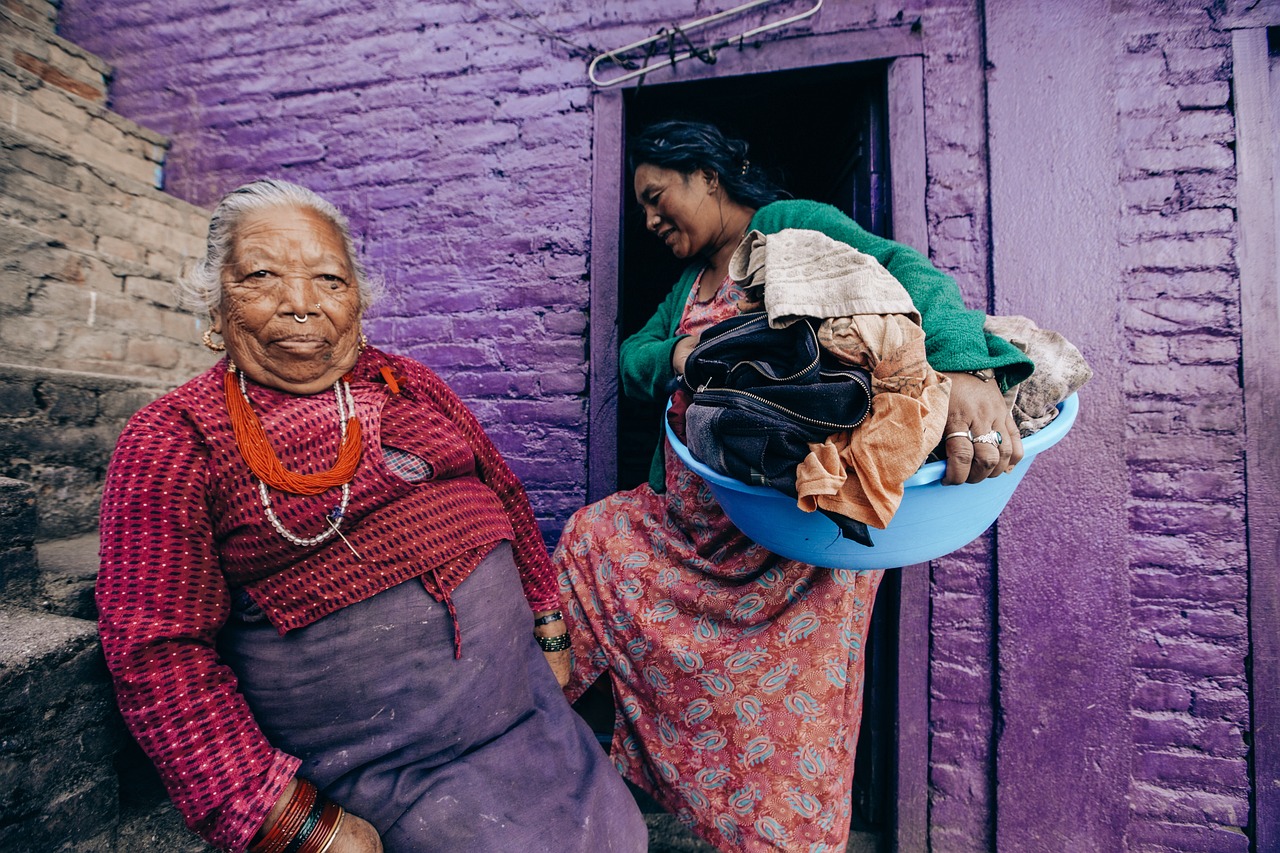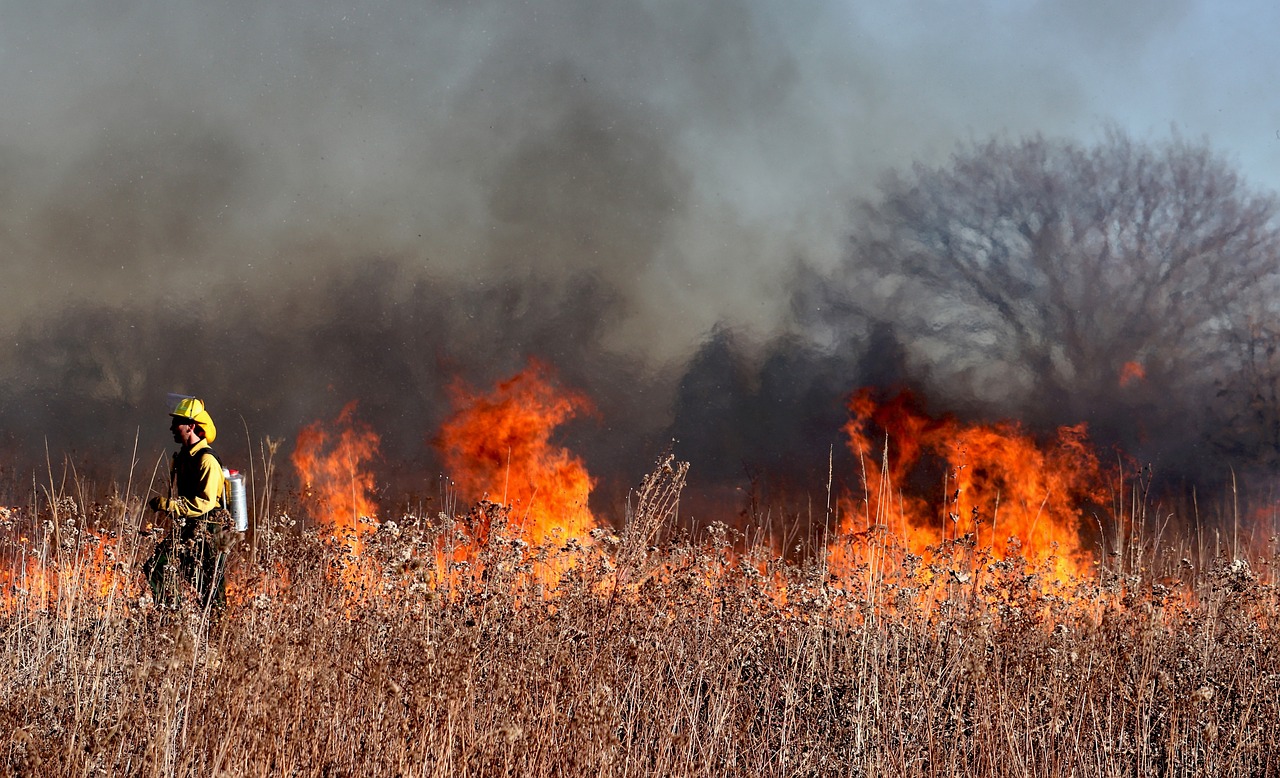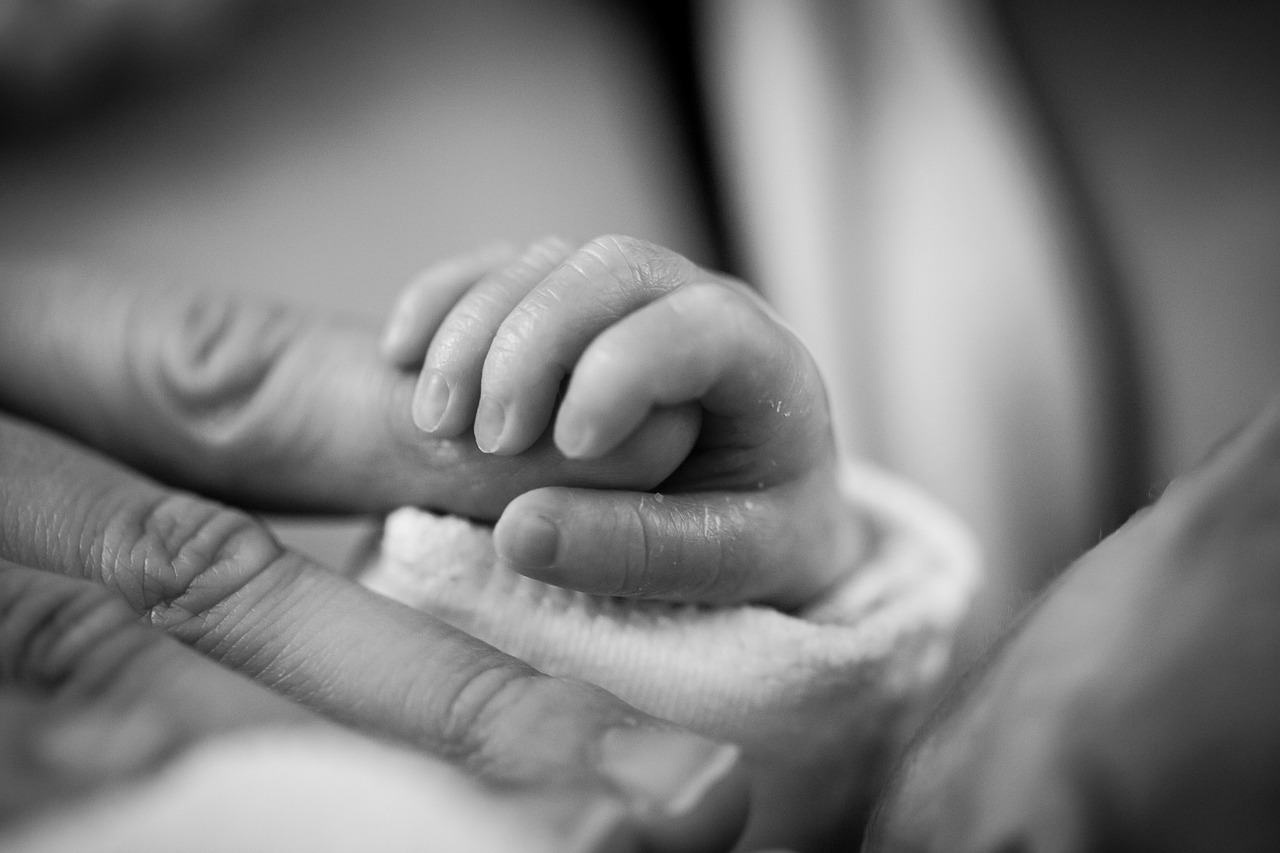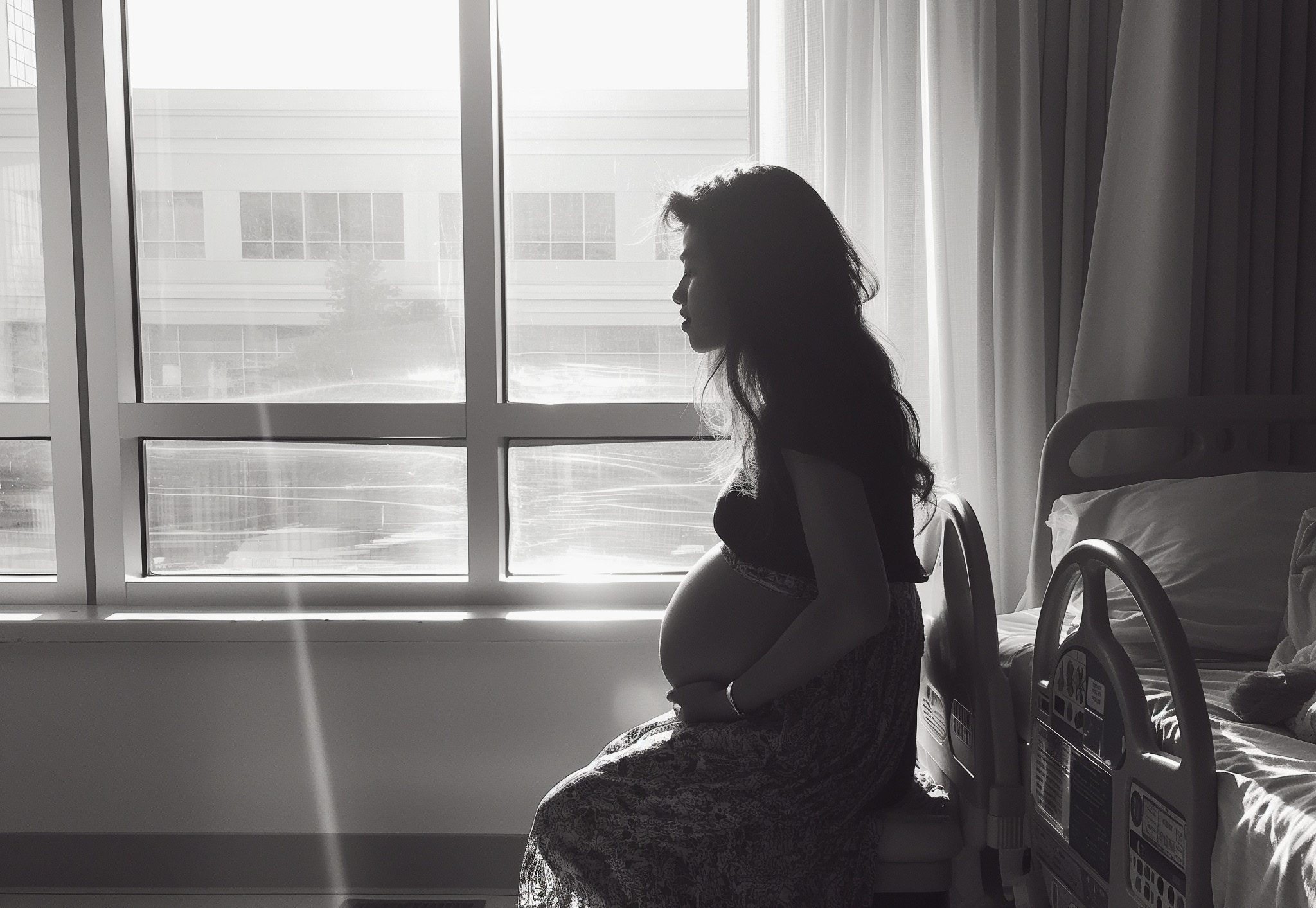Assistant Professor of Information Science and IBS Affiliate, Brian C. Keegan, was consulted for a recent College of Media, Communication and Information (CMCI) Now Magazine article. The story summarizes the state of voting, polling and democracy in the United States in advance of the 2024 elections. Keegan shares his take on AI and its effect on voting and democracy. Read the article here.
Colorado voting opens October 21 through Nov. 5th at 7:00 p.m. Learn more about voting events, locations and other voting information at colorado.edu/vote.
